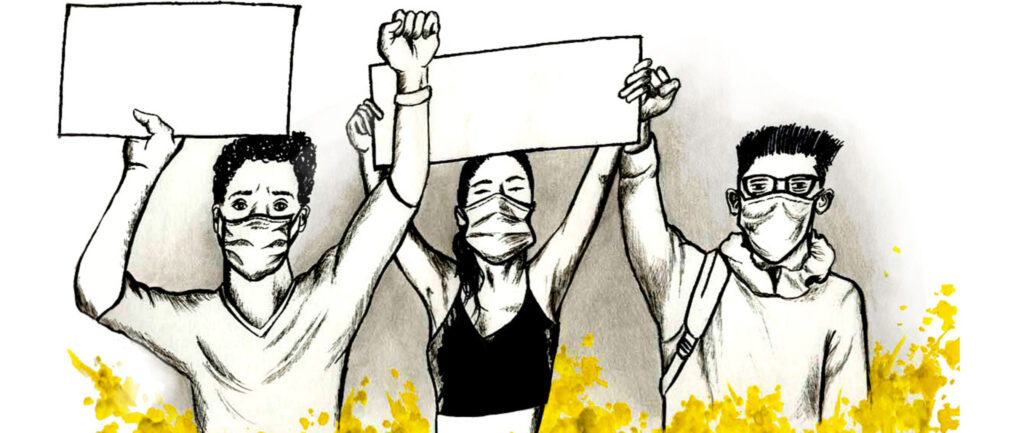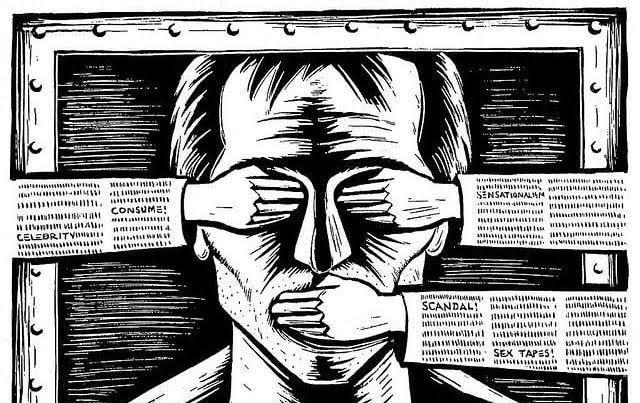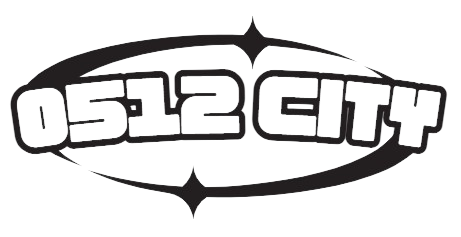Freedom of speech and freedom of the press are fundamental pillars of democracy, serving as cornerstones of open societies and guarantors of public accountability. However, around the world, these freedoms are under threat from various forms of media censorship imposed by governments, corporations, and other powerful entities. In this article, we’ll examine the phenomenon of media censorship, explore its implications for freedom of speech, and discuss the challenges and opportunities it presents from a global perspective.
Understanding Media Censorship
Media censorship refers to the suppression, restriction, or manipulation of information by governments, authorities, or other entities with the aim of controlling public discourse, suppressing dissent, or protecting vested interests. Censorship can take many forms, including government-imposed restrictions on journalists and media outlets, state-sponsored propaganda, internet censorship, and self-censorship by media organizations.
While media censorship has existed throughout history, the rise of digital communication technologies has both expanded the reach of censorship and provided new tools for circumventing it. Governments and authoritarian regimes have increasingly turned to sophisticated methods of online censorship, surveillance, and propaganda to control the flow of information and silence dissenting voices.
Implications for Freedom of Speech

Media censorship poses significant threats to freedom of speech and freedom of the press, undermining the ability of individuals and journalists to express themselves freely and hold power to account. When governments censor or manipulate information, they erode public trust in democratic institutions, stifle public debate, and create a climate of fear and self-censorship.
Moreover, media censorship often targets marginalized groups, dissenting voices, and independent journalists who seek to expose corruption, human rights abuses, and other injustices. By silencing these voices, censorship perpetuates inequality, injustice, and impunity, denying vulnerable populations access to vital information and depriving them of the opportunity to advocate for their rights.
Furthermore, media censorship can have far-reaching implications for global peace, security, and democracy. In authoritarian regimes, censorship is often used as a tool of repression to suppress political opposition and maintain power. However, even in democratic societies, censorship can undermine the principles of free speech and democratic governance if left unchecked.
Challenges and Opportunities
Despite the challenges posed by media censorship, there are opportunities for resistance, advocacy, and change. Civil society organizations, human rights activists, and independent journalists play a crucial role in exposing censorship, defending freedom of speech, and advocating for media freedom.
Moreover, advancements in digital communication technologies have provided new avenues for circumventing censorship and amplifying marginalized voices. From encrypted messaging apps to decentralized social media platforms, technology has empowered individuals and communities to bypass government controls and share information freely.

However, technological solutions alone are not sufficient to address the root causes of media censorship. Governments, international organizations, and the private sector must also play a role in promoting media freedom, protecting journalists, and upholding international human rights standards.
In conclusion, media censorship poses significant threats to freedom of speech, freedom of the press, and democratic governance worldwide. By silencing dissenting voices, controlling the flow of information, and manipulating public discourse, censorship undermines the foundations of open societies and perpetuates inequality, injustice, and repression.
However, despite the challenges posed by censorship, there are opportunities for resistance, advocacy, and change. By harnessing the power of technology, mobilizing civil society, and upholding international human rights standards, we can defend freedom of speech, promote media freedom, and build a more just, democratic, and inclusive world. As we confront the challenges of media censorship in the 21st century, let us remain vigilant in our defense of fundamental freedoms and unwavering in our commitment to a free and open society for all.
